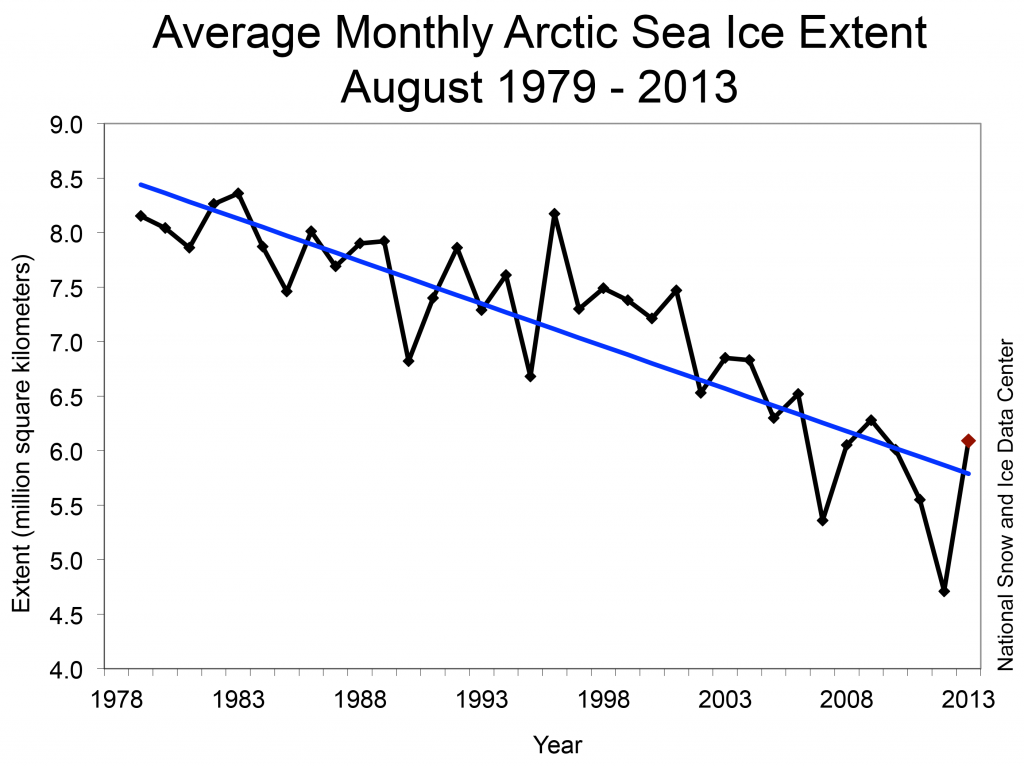Well, actually, I don't know that the zones are moving north. I presume you think I know this because of the cool lil colored map that was posted that says so, lol.
Some of the shifting zone boundaries, they said, were the result of more sophisticated mapping. For the first time, the new map takes into account the effects of elevation, large lakes, and whether a place is located in a valley or on top of a ridge. They admitted, however, that most of the changes were due to using temperature data from recent years, which have been relatively toasty.
christianforums.net/Fellowship/index.php?threads/warming-up.65575/page-2#post-1233679
I don't accept colored maps as evidence of anything. Especially if they're put out by some governmental agency.
Doesn't matter. All that counts is that they work. And as gardeners know, they do. Liberal petunias, I guess.
There's big money behind this through regulation.
No kidding a lobbying group associated with Exxon offered scientists tens of thousands of dollars each if they would just write something bad about global warming. Exxon has since said that they will not fund that group in the future. Fossil fuel corporations have lavishly contributed to such funding.
Now there's no way in the world that I can prove that global warming is not happening.
Particularly since the data clearly shows it happening. Arctic ice extent, melting glaciers in most of the world. And yes, those liberal maple trees that are flowering earlier and earlier.
I don't think that there's a way for them to prove that it is happening either.
See above. It's not only hardiness zones changing, it's also measured temperatures increasing, glaciers melting, and so on.
It's kind of like using statistics. Statistics can be used to reveal average trends, but not absolutes.
Trends are what climate is. So while we can't precisely predict any particular year, we can certainly predict trends. Hanson's prediction, decades ago, turned out to be correct.
In my mind, statistics are useless.
If you think so, you don't know very much about statistics. Corporations pay millions of dollars to gather and analyze them for one simple reason; they are good predictors. The problem is not statistics, but dishonest people misusing statistics to mislead others. This is the heart of the denier argument. Typically, it's like the one presented here a while ago, when someone tried to cherry-pick dates to show a "recovery" of Arctic ice. The overall trend:
Deniers, by picking a starting date with an unusually low extent, can then show a few years of "recovery." But look at the map; each "recovery" is followed by even bigger losses, so the trend since the 70s, is for less and less ice. No one with any sense is fooled by that kind of thing.
For instance, if I got ripped off by five girlfriends in a row. So I get on here and say, all girls are thieves. Those who've been ripped off by girls would know that I speak truth. Then those who haven't been (and honorable girls who don't have theft in their heart) would know I was wrong.
A statistician would say that your sampling was biased. I know lots of guys like you, and it's no surprise that it happens to them.
They don't teach critical thinking any more, do they?
Perhaps not in the schools you went to. But most 8th graders today would spot the flaw in your analysis. There's a bigger emphasis on critical thinking now, than in the past. In fact, Japan, which emphasizes facts and application, has sent people to the United States in an effort to learn how to teach critical thinking. Turns out, it's a necessary part for creativity and innovation, and Japan is falling behind.
Is it really "creativity" that is a major problem with Japanese education, or even education in Asia in general? I've come to wonder if it isn't creativity, but actually critical thinking skills.
I've seen many classes taught in Japan (including in China and South Korea which tend to be similar in many ways), I've read the books, I've taken the college classes (the regular Japanese ones, not just international student sectioned off ones), and the method and focus of classes is pretty much: here is the material memorize and know this. Once again, this is speaking in generalizations, and of course America shares this to some degree as well. However, I do want to point out that there seems to be a much stronger focus on critical thinking skills in United States colleges than Japanese ones.
With the linear teaching methods, one track history, rigid system, and overall opposition to uniqueness and "contrary thought," this almost creates a environment that punishes those who consider thinking and evaluating information rather than simply absorbing information.
http://www.jref.com/forum/threads/j...ms-is-it-the-lack-of-critical-thinking.38319/




 .
.


 2
2